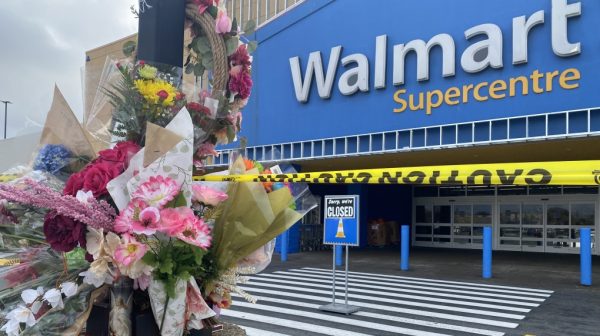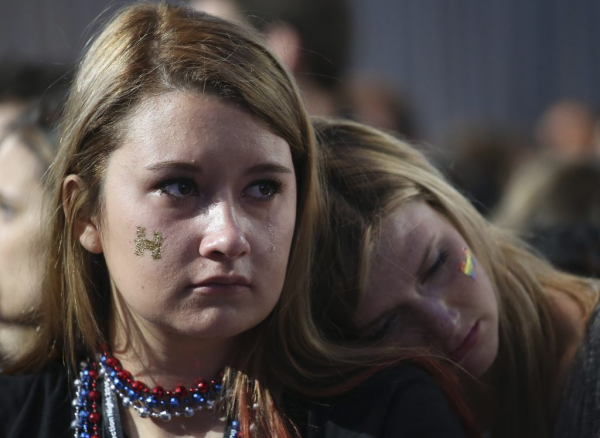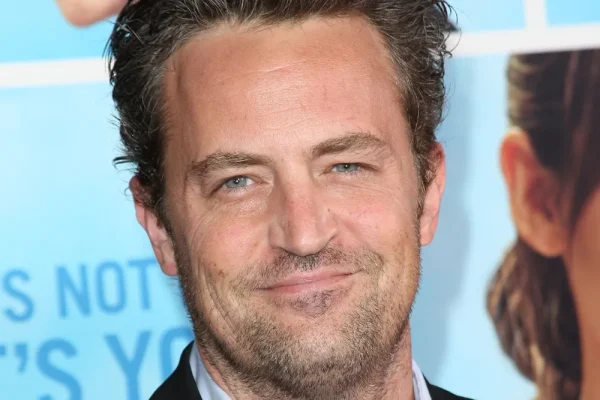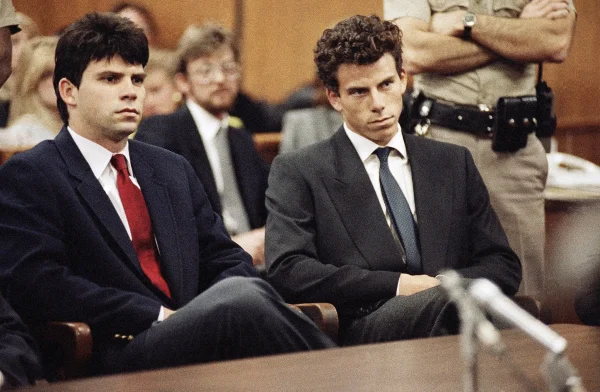81 captured girls are released by Boko Haram
On Sunday, May 7, 2017, a statement from the Nigerian president, Muhammadu Bahari, reported that eighty-two of nearly 300 Chibok schoolgirls captured by the Islamist militant group, Boko Haram, three years ago, have been released, in exchange for five militant detainees, according to The New York Times.
Three years prior to the release of the Chibok schoolgirls, Boko Haram, the Islamist extremist group kidnapped the girls on April 15, 2014, from the Government Secondary School in the town of Chibok, in Borno State, Nigeria.
Boko Haram was founded in 2002 by Mohammed Yusef, who later died in 2009 in police custody. Currently the leader of Boko Haram is Abu Musab al-Barnawi, the believed son of the original founder, who later replaced Abubakur Sheku, who took after the death of Mr. Yusef.
Boko Haram is responsible for killings, rapes and kidnappings of men, women and children across northeastern Nigeria. Since the 2009 Boko Haram Uprising, Boko Haram has killed more than 20,000 people and has displaced more than 2.3 million people from their homes
The extremist group is currently active in northeastern Nigeria, Chad, Niger and Northern Cameroon.
Immediately after the capture, as many as fifty-seven girls escaped from Boko Haram, but more than 200 girls remained held by Boko Haram at the time.
Another girl managed to escape from Boko Haram but was only found in May of 2016, two years after the abduction.
Later that year, at least 21 girls were handed over to officials through negotiations on October of 2016.
The capture of the girls has caused outrage worldwide and has led to the formation of a movement to get the girls released from Boko Haram called #BringBackOurGirls.
After learning of the kidnappings of the Chibok school girls, first lady Michelle Obama posted an image of herself on social media with the hashtag. She was aiming to bring awareness of the kidnappings, and to ensure that the U.S. government will try help bring back the girls from Boko Haram.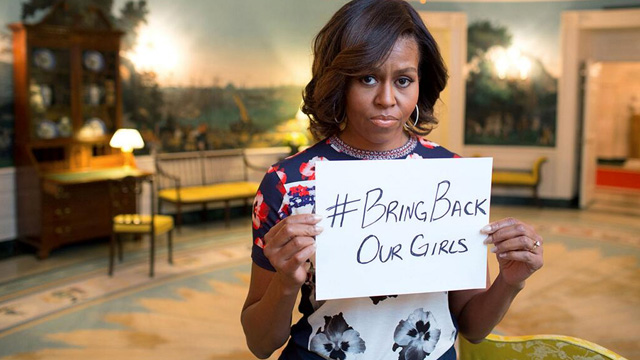
According to the Global Terrorism Index, which ranks the countries of the world according to terrorist activities, in the year of 2015, Boko Haram was named the deadliest terrorist group in the world.
After negotiations that took several months to be arranged, five militant detainees were exchanged for the eighty-two girls. The spokesman for Nigerian president Muhammadu Bahari released a statement which credited the government of Switzerland, the International Committee of the Red Cross, local and international nongovernmental organizations, the military and security agencies with aiding in the exchange of the girls.
The released girls were expected to arrive at the Nigerian capital of Abuja on Sunday to speak with the Mr. Bahari.
In the exchange, the Chibok schoolgirls were released near the Nigerian town of Banki, in the northeastern part of Nigeria, bordering Cameroon. The girls first flew to the city of Maiduguri, a city where Boko Haram is most active in Nigeria.
The agreement was initially an exchange between 82 girls and five detainees of Boko Haram, but one of the captured girls decided to remain with the Islamic militant group.
Despite the girls being released on May 7, it has been more than a week that the families have been reunited with their families.
Currently the girls are in the city of Abuja, in custody of the Abuja government undergoing medical and security screenings.
According to Nigerian officials, the girls weren’t immediately reunited with their parents due to a series of factors such as: the difficulty to identify and match the girls with their respective relatives and organizing transportation for 82 families, which is a four hour drive from Chibok.
While the girls are currently under the protection and guidance of the Nigerian government, many families fear that the girls while be detained and mistreated by their government. Even after those who have fled Boko Haram’s captivity and those exchanged through negotiations.
It is known that the Nigerian government routinely detains people who have been freed from Boko Haram, even children, in order to hold them for “screening” to see if they have allegiance to Boko Haram, according to a report by The New York Times.
For people like Dije Ali, a mother of seven children, who fled from Boko Haram, in fear that Boko Haram militants were closing in on her village, and looking to Nigerian soldiers for protection, they found themselves in a detention center with 130 other women and children.
The Nigerian military in an effort to combat Boko Haram, has detained scores of civilians. In the year of 2016, nearly 150 people have died in these detention centers. The Nigerian government has repeatedly denied the mistreatment of civilians in detention centers.
In an interview conducted by The New York Times, David J. Scheffer, a former American Ambassador at large for war crime issue said, “No matter how the Nigerian government seeks to justify abusive treatment of the detainees freed from Boko Haram control, their individual rights appear to have been grossly violated. That failure for accountability, which has persisted for years, hangs over the Nigerian government as a sword of Damocles.”
Negotiations between governments, humanitarian organizations, militaries and security agencies for the release of other girls and captives from Boko Haram in the future.

I am a senior at NHS. I want to be a microbiologist or a biomedical engineer. I am taking this class because I enjoy writing and researching real time...




